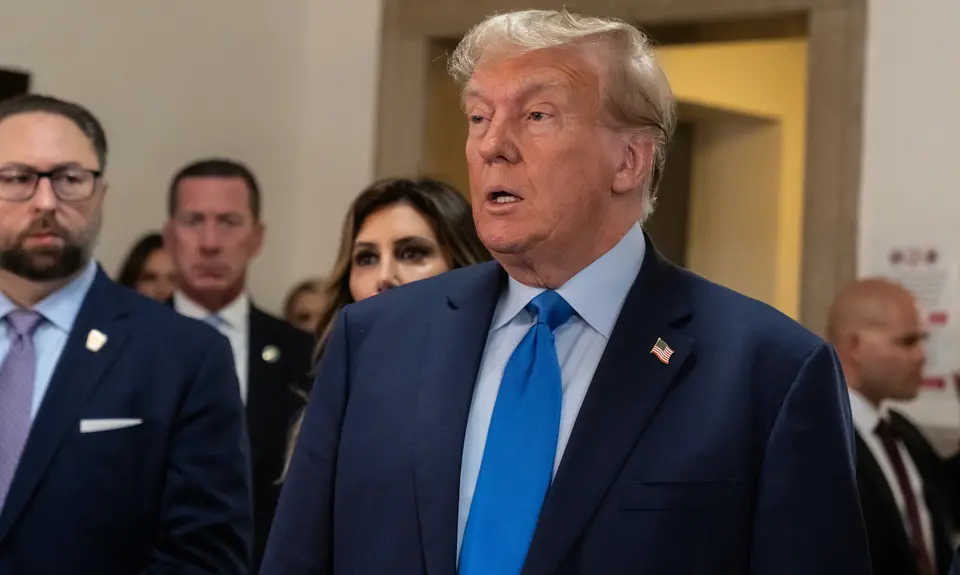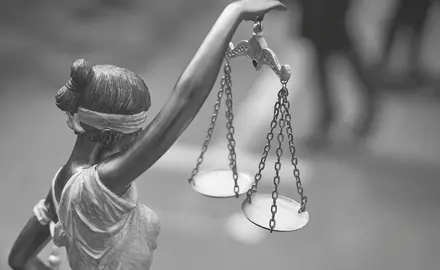I’m not sure I’m ready for Donald Trump’s second inaugural address today. I certainly remember the first one, when Trump introduced us to the phrase “American carnage.”
I think George W. Bush spoke for all of us that day when he summed it up, saying, “That was some weird …” um, fertilizer.
Anyway, as we brace ourselves for what we might hear this time, it’s worth remembering that presidents aren’t supposed to — and didn’t always — sound this way. It got me thinking about the top presidential addresses of all time.
As a kid, one of my favorite hobbies was reading presidential addresses; I used to print them out and carry them around. (My brothers’ favorite activity was football, so that gives you an idea of what my childhood was like.)
Early on, I landed on my top five: Lincoln’s first and second inaugural addresses, Franklin Delano Roosevelt’s first inaugural address and “Four Freedoms” State of the Union speech and John F. Kennedy’s inaugural address.
Lincoln’s first inaugural address was an all-out attempt to prevent civil war; it’s the one in which he coined the famous phrase about appealing “to the better angels of our nature” to prevent war.
Some might disagree, but I think you can admire that speech while hating that Lincoln didn’t use the opportunity to denounce slavery in the South. It’s a speech that manages to be both beautiful and purpose-built, with the single-minded goal of avoiding war.
Lincoln’s second inaugural address is even better known and came as the war he had tried to prevent was winding down. It’s full of soaring phrases: the call to “bind up old wounds,” “with malice toward none; with charity for all.”
Lincoln does condemn slavery in this speech. And above all, he makes a heartfelt plea for reconciliation and peace. Scholars consider the address a masterful example of using rhetoric to appeal to an audience on an emotional level.
Many decades later, FDR’s first inaugural address — “The only thing we have to fear is fear itself” — was another call for unity, this time in the depths of the Great Depression.
But even more powerful than this, in my book, was his “Four Freedoms” speech on the eve of our involvement in World War II. FDR foreshadowed what we would be fighting for — freedom of speech, freedom of worship, freedom from want and freedom from fear — and created the framework for what became known as the Greatest Generation.
And of course, JFK’s famous inaugural, in which he urged Americans, “Ask not what your country can do for you, ask what you can do for your country,” inspired a generation to commit to public service.
These speeches are more than words and phrases. They show us how presidents can use the unique opportunity they have in big moments, like inaugural or State of the Union addresses, to create a reality and bring it to life.
What Trump did in his first inaugural speech was to paint a picture of a very dark reality, one that included not only “American carnage” but a landscape blighted by “rusted-out factories, scattered like tombstones,” crime, gangs and drugs.
And even though it was panned at the time, it turned out to be prophetic.
On Trump’s watch, we got a surge in racist, sexist and xenophobic rhetoric and violence. Trump chanted “America first, America first” on inauguration day, and we got wrecked alliances around the world.
A president’s words can become self-fulfilling prophecies, and there are plenty of reasons to have anxiety about what Trump will say today and for the next four years.
The antidote? Renewing our commitment to our shared values and the “better angels” Lincoln talked about. Big and small acts of conscience every day, and maybe reading some of those old presidential speeches.
I might just print them out and carry them around.



